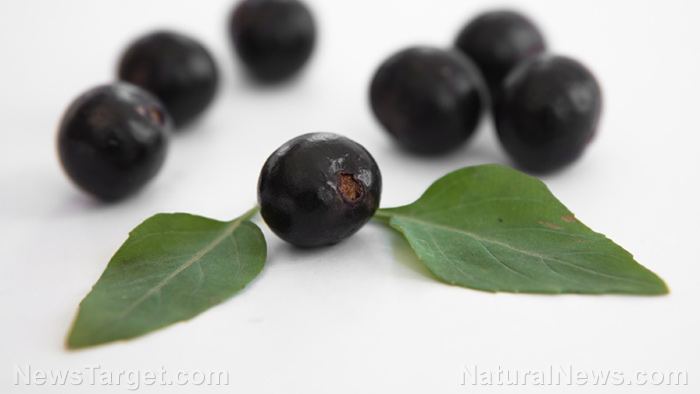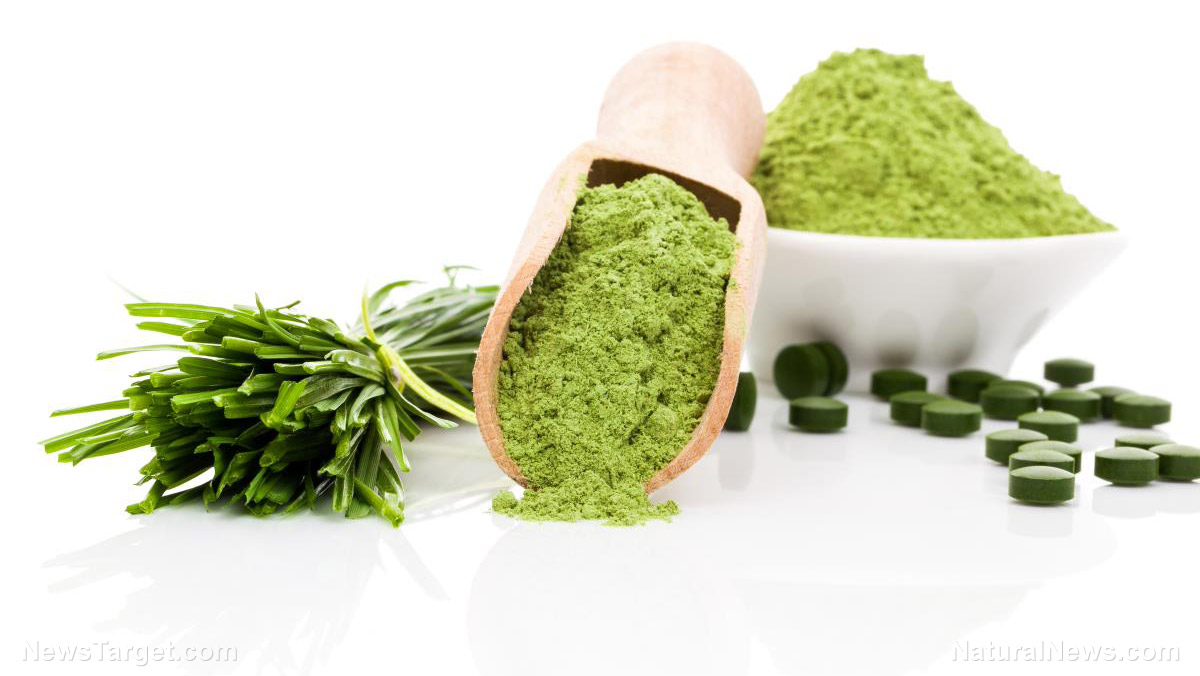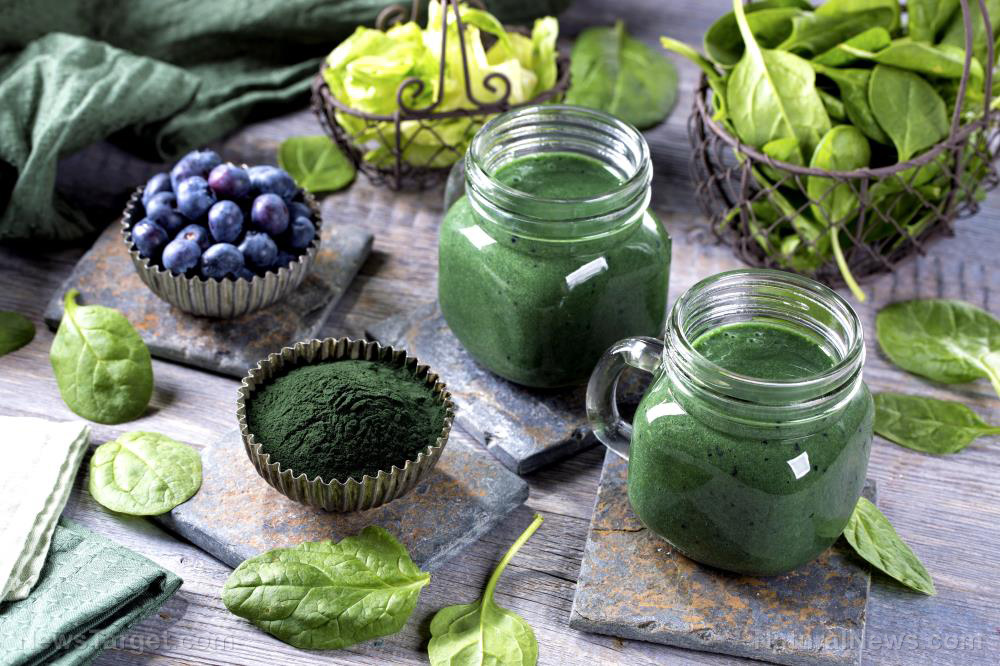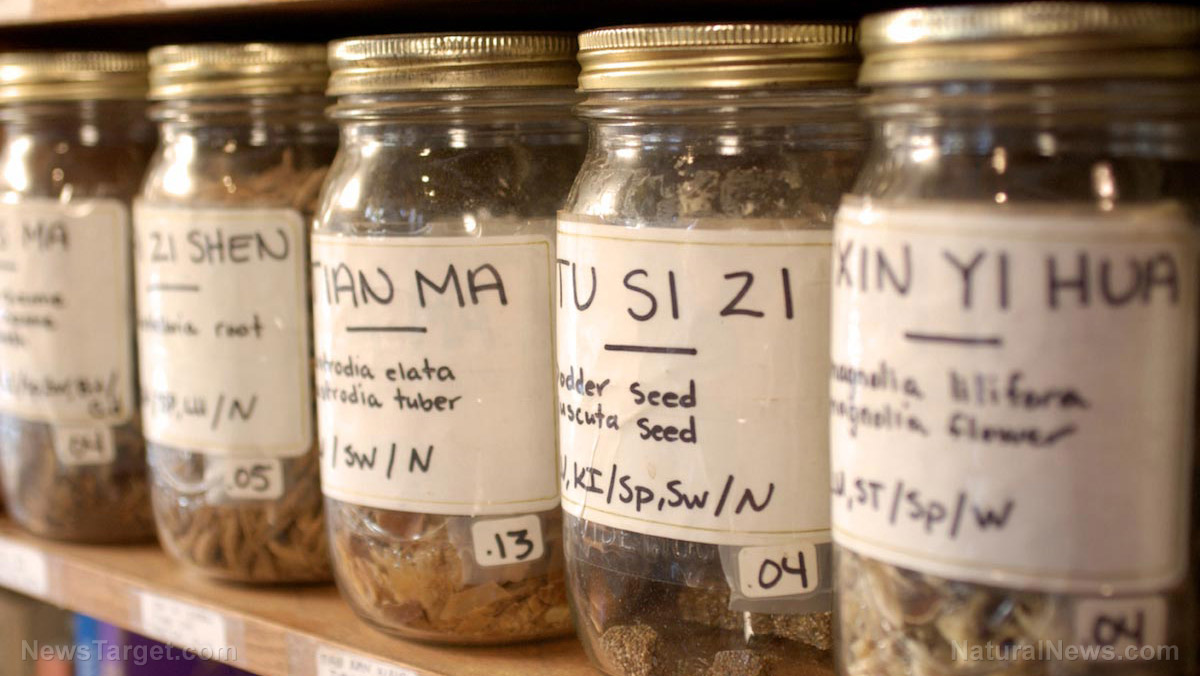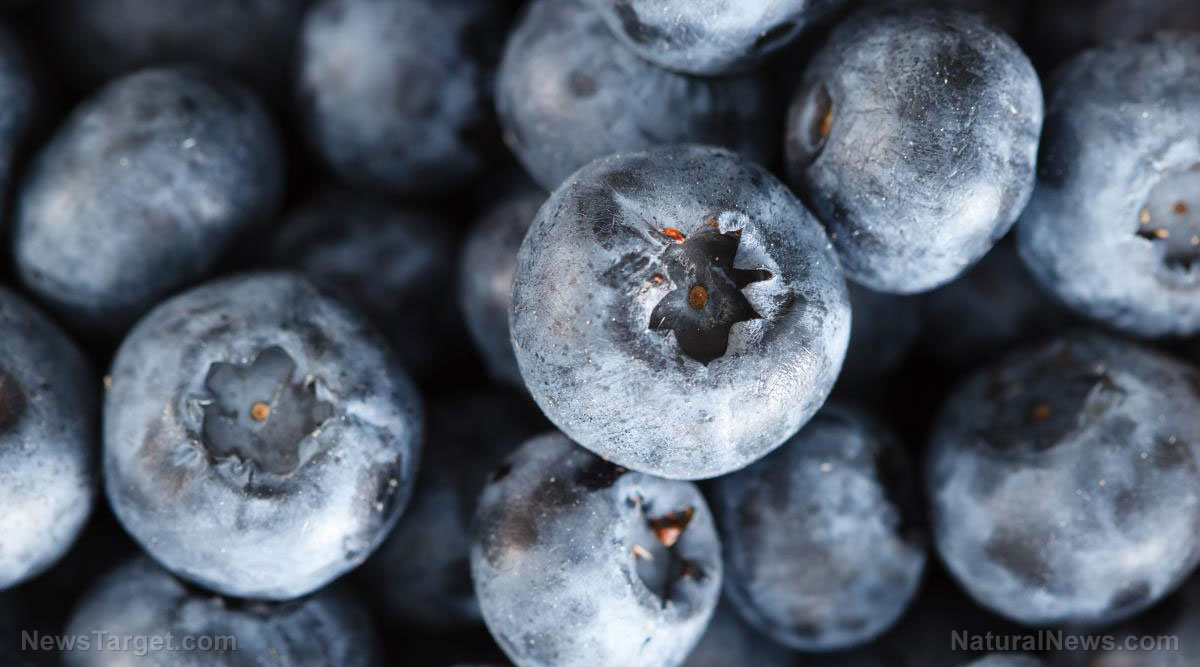Celery is an underappreciated vegetable: This nutritional superhero targets cancer cells at a molecular level
10/23/2018 / By Isabelle Z.
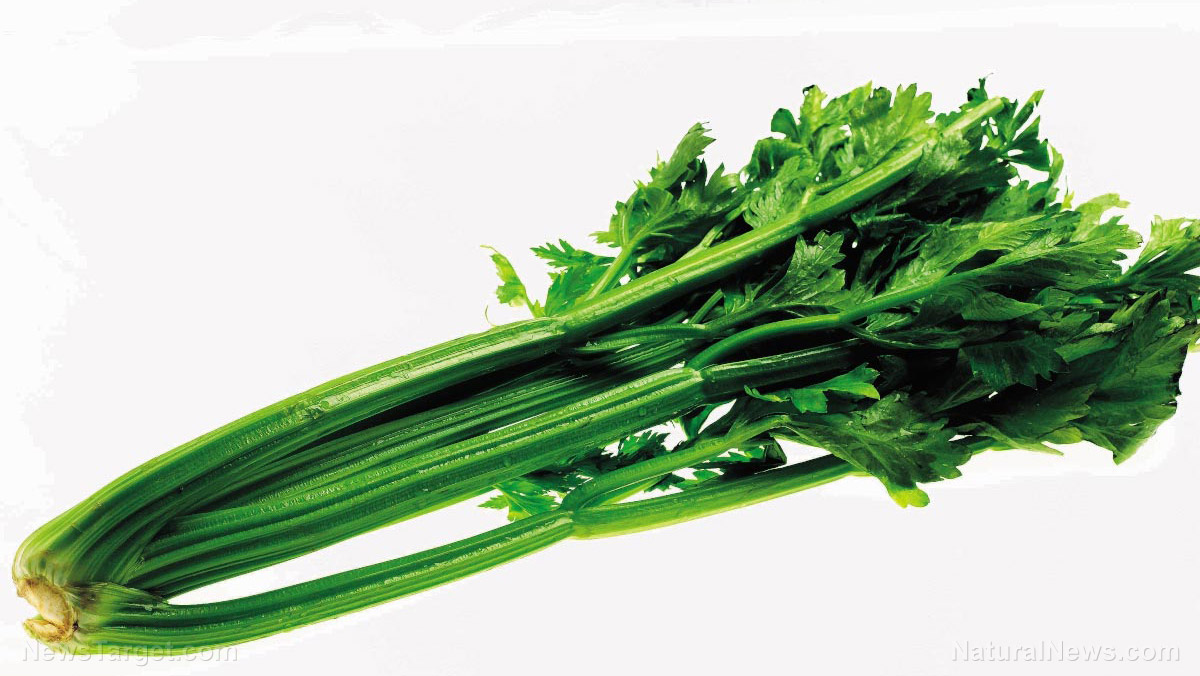
When you think of disease-fighting foods, celery might not be the first one that comes to mind. Sure, it’s a green vegetable, but it’s one that most of us take for granted. We might use it when making broth, soup or a sauce, but it’s rarely the star of a dish. However, studies show that we may be ignoring this vegetable to our detriment as celery is surprisingly powerful when it comes to destroying cancer cells.
The main compound responsible for celery’s impressive benefits is apigenin. Studies in cells and animals alike have found that apigenin can stop tumors from forming, growing and metastasizing. Another quality that makes it particularly effective against cancer is the fact that it has several mechanisms of action, potentially helping more people as some patients can’t benefit from a single chemopreventive compound on its own.
A recent review published in the Journal of Cancer Protection showed that the flavonoid in celery has vast and potent chemoprotective effects. For example, it can stop prostate cancer from progressing by slowing the proliferation of cancer cells, promoting apoptosis, lowering the levels of pro-inflammatory molecules that cause cancer, and reducing carcinomas. The reviewers concluded that apigenin can help to prevent and treat many different types of cancer.
Apigenin also stops the growth of the new blood vessels that tumors depend on for nourishment. Known as angiogenesis, it’s an essential process for cancer to proliferate. Apigenin stops this from occurring, depriving tumors of the nutrients, oxygen and blood needed to thrive.
According to a study that was published in the journal Carcinogenesis, apigenin has the power to stop the expression of a protein that helps cancer break down healthy tissue and invade it. It has also been shown to promote the death of cancer cells.
Apigenin rightfully gets a lot of the attention, but it is not the only compound in celery that fights cancer. The vegetable contains polyacetylenes like those found in fennel, parsley and carrots, which can help prevent cancers of the breast, intestines, colon, lungs, and pancreas. It also contains luteolin, which was found in one study to reduce the oxidative stress in colon cancer genesis, which means it could one day serve in some form as a potential drug for treating colorectal cancer.
Celery’s other incredible benefits
Celery also boasts several other benefits. For example, it can help to treat high blood pressure thanks to the 3-n-butylphthalide found in celery oil. Its high soluble fiber content, meanwhile, can help keep blood sugar levels in balance and lower cholesterol.
It also contains a high amount of vitamin K, which helps blood clot properly. Those who are deficient in this vitamin are at risk of bruising easily and bleeding profusely. It also plays a role in bone building, and those who are deficient could see their bones weaken. Just one cup of chopped celery contains 37 percent of the daily recommended value of this vitamin.
Now that you know how surprisingly beneficial celery can be, you may be looking for ways to incorporate more of it into your diet. Consume organic celery raw to get the most health benefits. Chop some up to dip in hummus or Greek yogurt mixed with herbs; add it to a green salad, egg salad, or tuna salad; or spread some homemade peanut butter inside of it for a quick and healthy snack.
Celery might not be as rich in vitamins as other vegetables, but its phytonutrients are more than enough to earn it a place on any list of foods that can benefit your health and prevent disease.
Sources for this article include:
Tagged Under: anticancer, Apigenin, cancer, Celery, flavonoids, food is medicine, grocery cures, healthy snacking, phyonutrients, prevention



